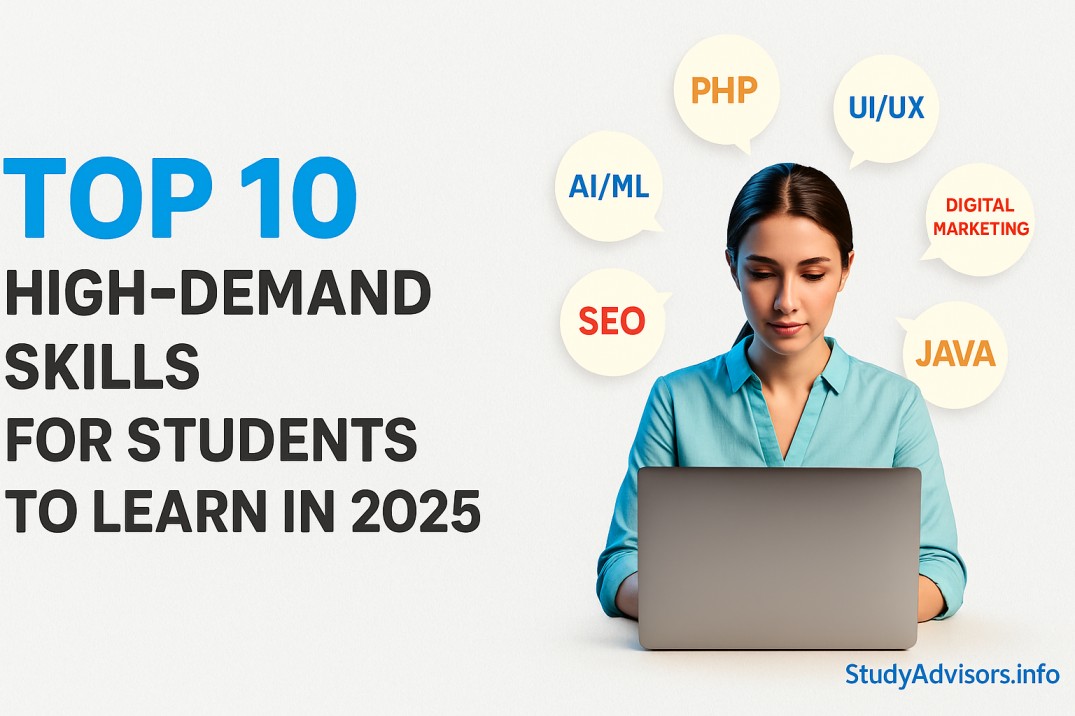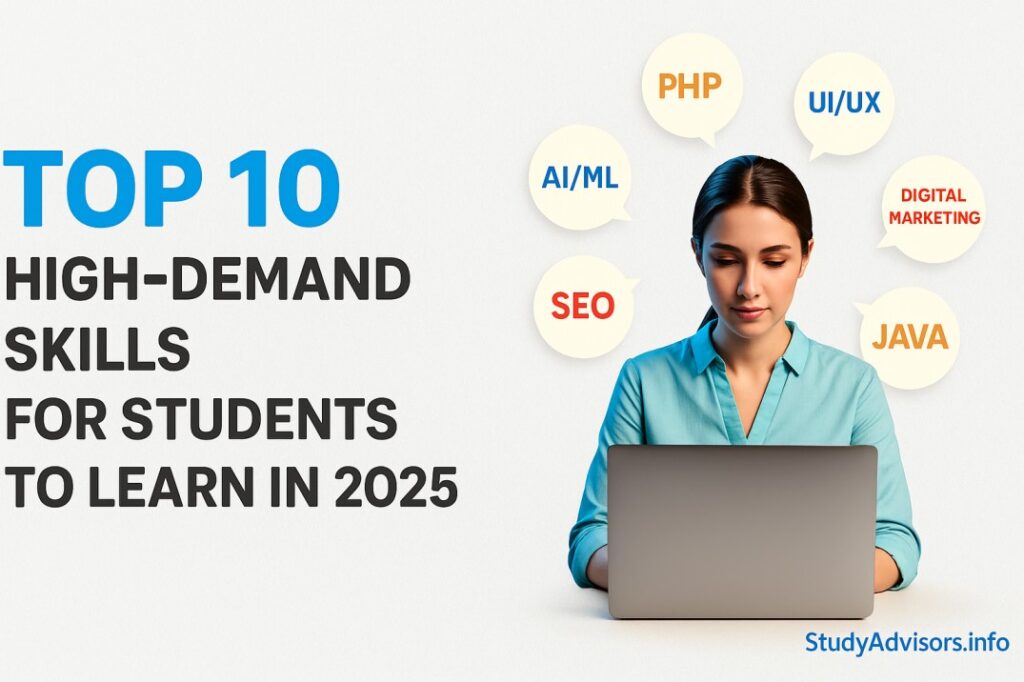Alright, let’s be real for a second. High school is over. You’re probably getting two reactions from people right now:
- “Congrats! So what’s next?” (usually from relatives who already expect you to say medicine or engineering).
- Blank stares from your friends who are just as confused as you are.
Sound familiar? Yeah, I’ve been there. And honestly, it’s overwhelming. Everyone wants you to “choose wisely” like this one decision defines your whole life. Truth is — it doesn’t. But it does set your first direction. Think of it like stepping onto a highway. You can always take exits later, but the road you pick now will decide where you start.
Why This Decision Feels So Heavy
Because it kind of is. The course you pick after high school influences:
- The skills you spend the next few years learning.
- The people you’ll surround yourself with.
- The kinds of jobs you’ll qualify for when you graduate.
But — and this is a big BUT — it’s not permanent. Plenty of people study one thing and work in another. Ever heard of engineers becoming YouTubers? Or lawyers turning into writers? Happens all the time.
Best Courses After High School in 2025
Let’s skip the fluff. Here are the main options students are running toward this year (and for good reason).
1. Tech and Artificial Intelligence
AI is literally everywhere now — your phone, your social media feed, even the ads you scroll past. If you like problem-solving, coding, or just figuring out how machines “think,” this is your playground.
Examples: Computer Science with AI, Data Science, Cybersecurity, Robotics. Careers: Software engineer, AI specialist, data analyst.
Why now? Because industries can’t find enough people with these skills. Simple as that.
2. Medicine and Healthcare
If you can handle long study hours and genuinely want to help people, this is still one of the strongest fields out there.
Courses: MBBS, Nursing, Dentistry, Pharmacy, Biotechnology. Careers: Doctor, nurse, pharmacist, biotech researcher.

Why now? Populations are aging, healthcare tech is booming, and opportunities exist everywhere — not just in hospitals.
3. Business and Management
Maybe you’re the person who organizes trips with friends or naturally takes the lead in projects. Business could be your thing.
Options: BBA, International Business, Marketing, Entrepreneurship. Careers: Business analyst, marketing manager, startup founder.
Why now? The world runs on startups and digital trade. Even small shops are shifting online.
4. Engineering
Classic choice, but with some modern twists.
Courses: Civil, Mechanical, Electrical (still useful), plus Renewable Energy, Environmental Engineering, Mechatronics. Careers: Engineers in energy, robotics, sustainable design.
Why now? Because the future is green, and engineers will literally build it.
5. Creative Arts and Media
If spreadsheets make you yawn but creating visuals excites you, this might be your lane.
Options: Graphic Design, Animation, Fashion Design, Media Studies, UX/UI Design. Careers: Designer, animator, filmmaker, digital content creator.
Why now? Platforms like Netflix, YouTube, and gaming are massive employers now. Creativity pays — seriously.
6. Law and Social Sciences
Do you like debating, arguing your case, or thinking about fairness? This one’s for you.
Courses: Law, Political Science, International Relations, Criminology. Careers: Lawyer, diplomat, NGO worker, researcher.
Why now? Global issues — climate change, migration, trade wars — need sharp legal and social science experts.
7. Hospitality and Tourism
Travel is back in full swing. People want experiences, not just products.
Courses: Hotel Management, Culinary Arts, Tourism Studies, Event Management. Careers: Chef, hotelier, event planner, travel consultant.
Why now? The industry is hiring again, and skilled professionals stand out.
8. Vocational and Skill-Based Programs
Here’s the thing: college isn’t for everyone. Some of the smartest moves are short, skill-focused programs.
Examples: Web Development, Digital Marketing, Aviation Training, Plumbing, Carpentry. Careers: Freelancer, technician, small business owner.
Why now? Because skills can get you working (and earning) faster than long degrees.
How to Actually Decide
Forget the noise for a second. Ask yourself:
- Do I enjoy learning this stuff?
- Can I picture myself doing it for years?
- Am I picking it for me or to please someone else?
- Is this field growing, or will it be irrelevant in 10 years?
Pro tip: talk to someone already in the field. One honest chat with a doctor, engineer, or designer will give you more clarity than scrolling websites for hours.
Real Talk: Tips for Students in 2025
- Don’t pick a course only because it “pays well.” If you hate it, you’ll burn out.
- Learn digital skills no matter what. They’re universal now.
- Test yourself with small projects or internships early.
- Listen to advice, but remember — you’re the one living this career.

FAQs
Q1. What’s the safest option? Medicine, engineering, and law are still safe. But “safe” isn’t always the same as “right.”
Q2. Are short courses respected? Yes. Companies care about skills more than degrees now.
Q3. Can I change careers later? Totally. Many people pivot. You’re not stuck forever.
Q4. What if I can’t afford expensive courses? Look at scholarships, online learning, or community colleges.
Q5. Which courses are best for studying abroad? Engineering, healthcare, AI/data science, international business.
Final Thoughts
Here’s the bottom line: there’s no universal “best course” after high school in 2025. The right choice is the one that matches your strengths, interests, and the world’s needs.
Don’t let pressure corner you into something you don’t want. Careers aren’t straight roads — they’re winding paths with detours and surprises. Pick a direction, start walking, and don’t be afraid to change tracks if you find a better fit later.
This isn’t the end of your journey. It’s just the first step.







